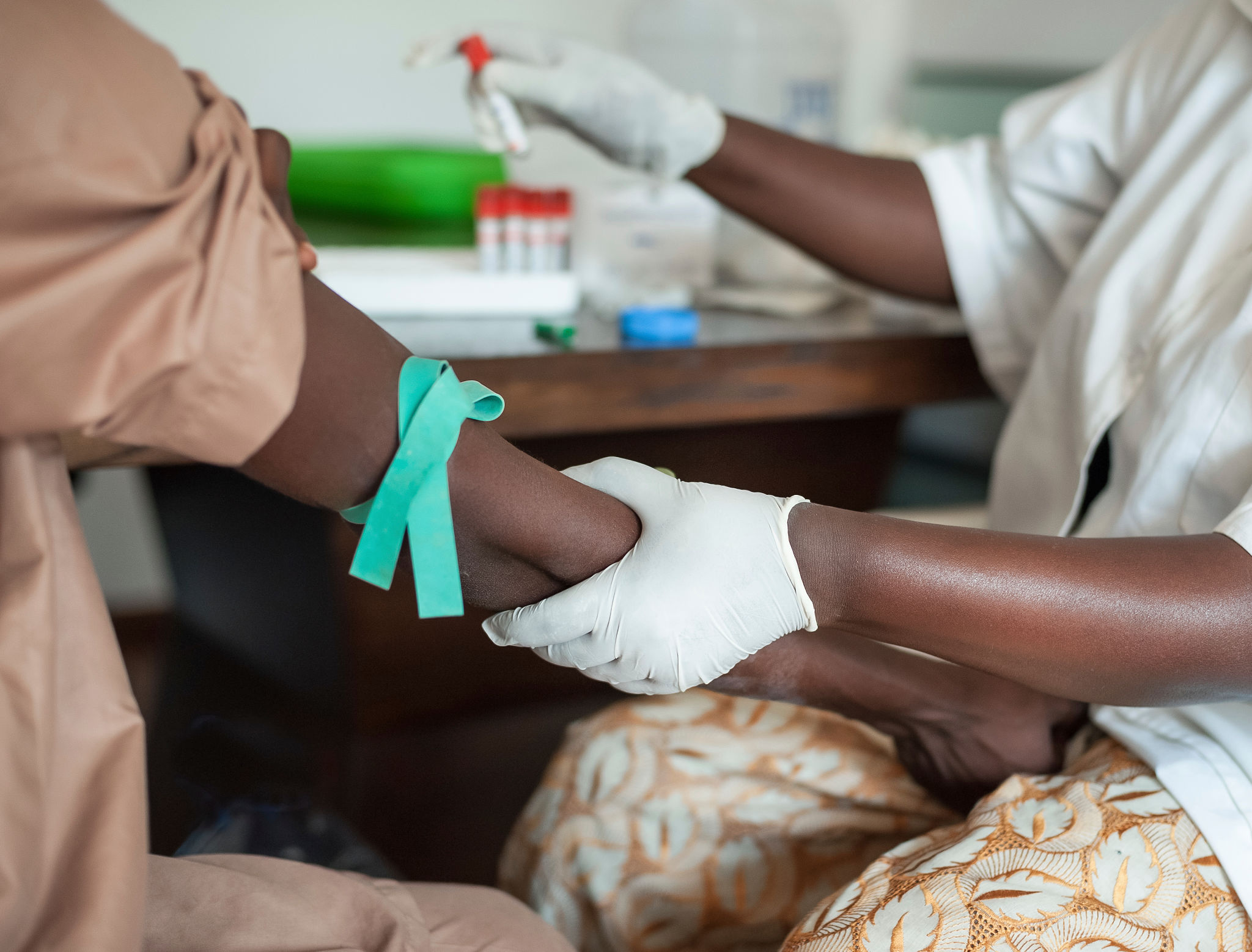Case Study: Successful Public Health Initiatives Led by Think Tanks in Africa
PH
Introduction to Think Tanks and Public Health in Africa
Think tanks play a crucial role in shaping public health strategies across Africa. By conducting research, providing policy recommendations, and advocating for effective health solutions, these organizations help governments and communities tackle pressing health issues. This case study explores some of the successful public health initiatives led by think tanks in Africa, highlighting their impact and the strategies that contributed to their success.

Addressing HIV/AIDS through Innovative Strategies
One of the most significant public health challenges in Africa is the HIV/AIDS epidemic. Think tanks have been at the forefront of developing comprehensive strategies to combat this disease. They have worked collaboratively with governments, NGOs, and international organizations to implement education and prevention programs, improve access to antiretroviral therapy, and reduce stigma associated with the disease.
For example, a leading think tank in South Africa partnered with local communities to create awareness campaigns that targeted high-risk groups. These campaigns emphasized the importance of regular testing and safe practices, resulting in a notable decrease in new infections.
Effective Partnerships and Community Engagement
Successful initiatives often rely on strong partnerships with community leaders and health professionals. By engaging local stakeholders, think tanks ensure that their programs are culturally sensitive and tailored to meet the specific needs of each community. This approach not only enhances the effectiveness of public health interventions but also fosters trust and collaboration.

Combating Malaria through Research and Policy
Malaria remains a leading cause of morbidity and mortality in many African countries. Think tanks have played a pivotal role in addressing this challenge by conducting research that informs policy decisions. Through evidence-based recommendations, they have helped shape national malaria control programs that focus on prevention, diagnosis, and treatment.
In Nigeria, a think tank developed a comprehensive strategy that prioritized the distribution of insecticide-treated bed nets and indoor residual spraying, significantly reducing malaria incidence in targeted areas. Their research also emphasized the importance of strengthening healthcare infrastructure to improve access to diagnostics and treatment.
Innovative Solutions for Sustainable Impact
Think tanks have been instrumental in introducing innovative solutions that ensure sustainable impact. For instance, some organizations have advocated for the integration of technology in public health initiatives. Mobile health platforms have been used to disseminate information and track disease outbreaks in real-time, enabling rapid response and intervention.

Tackling Non-Communicable Diseases
With the rise of non-communicable diseases (NCDs) such as diabetes and hypertension, think tanks have shifted focus to developing strategies that address these emerging health challenges. Recognizing the importance of preventive care, they have launched educational campaigns promoting healthy lifestyles and regular health check-ups.
In Kenya, a think tank collaborated with local health departments to implement community-based screening programs. These initiatives have led to early detection and management of NCDs, reducing long-term healthcare costs and improving patient outcomes.
Policy Advocacy and Legislative Change
Think tanks also play a critical role in advocating for policy changes that support public health goals. By engaging policymakers and leveraging research findings, they have successfully influenced legislation that promotes healthier environments. This includes policies related to tobacco control, food safety, and environmental health.
Conclusion: The Way Forward
The success of public health initiatives led by think tanks in Africa underscores the importance of research-driven strategies and collaborative efforts. Moving forward, it is essential to continue building partnerships between governments, think tanks, and communities to address evolving health challenges effectively. By learning from these successful initiatives, other regions can adopt similar approaches to enhance their public health systems.
Ultimately, the continued support and investment in think tanks will be vital for driving innovation and improving health outcomes across Africa.